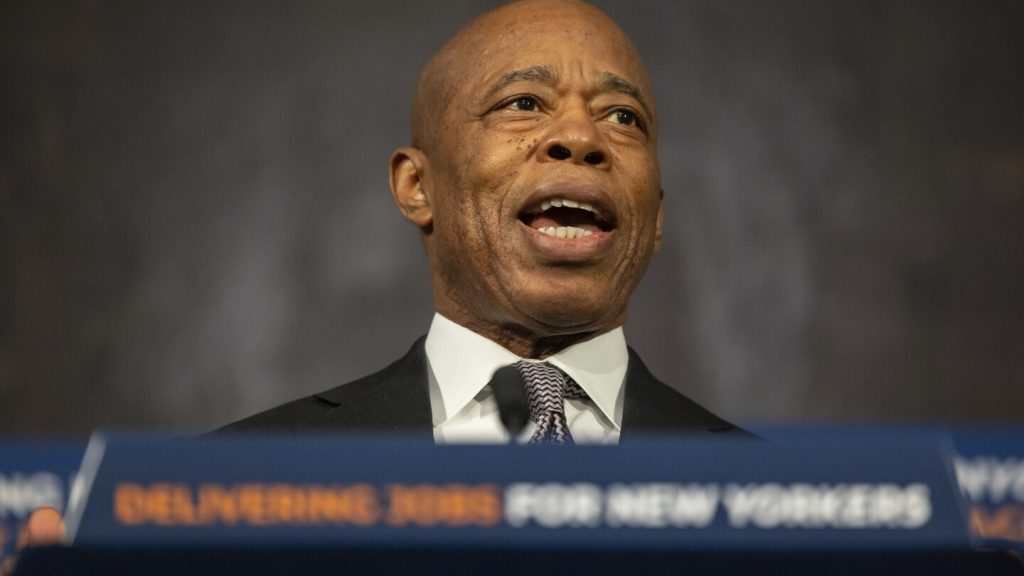Justice Department’s Decision to Drop Charges Against Mayor Adams: An Overview
The Justice Department’s decision to drop corruption charges against New York City Mayor Eric Adams has sparked significant controversy. The DOJ cited that the ongoing case was hindering Adams’ ability to focus on the president’s initiatives on illegal immigration and crime, rather than the strength of the evidence. This move, detailed in a memo by acting Deputy Attorney General Emil Bove, instructed prosecutors to dismiss the charges and halt further investigations until after the mayoral election.
Political Influence and Trump’s Role
Speculation abounds regarding President Trump’s influence on this decision. Trump, who had expressed solidarity with Adams and hinted at a possible pardon, is seen by some as using his authority to sway the case. Critics argue that this intervention undermines the DOJ’s independence and raises questions about political favoritism. Adams, once a critic of Trump, shifted his stance post-indictment, aligning more closely with Trump’s policies, which some view as an effort to gain leniency.
Legal Controversy and Departure from Norms
The DOJ’s move marks a significant deviation from standard practices, where public officials are typically investigated irrespective of their duties. This decision has drawn criticism for prioritizing political interests over accountability. Legal experts highlight the unusual nature of halting a case due to a defendant’s official responsibilities, suggesting a potential politicization of justice.
Adams’ Response and Opponents’ Reactions
Mayor Adams and his legal team have welcomed the DOJ’s decision, with his attorney, Alex Spiro, claiming vindication. However, political opponents have been vocal in their criticism. Challengers in the Democratic primary, such as Brad Lander and Zohran Mamdani, have accused Adams of aligning with Trump for political gain, urging investigations into potential deals with the Trump administration.
Case Details and Evidence Against Adams
The dropped charges included allegations of accepting illegal campaign contributions and lavish perks worth over $100,000 during Adams’ tenure as Brooklyn Borough President. Prosecutors had uncovered evidence of Adams soliciting foreign donations and disguising contributions, which could have significant legal implications. The investigation also implicated several of Adams’ aides, leading to resignations and further indictments.
Broader Implications and Future Prospects
The fallout from this decision extends beyond Adams’ case, raising concerns about the DOJ’s independence and the politicization of justice. As the mayoral election approaches, this issue is likely to influence the political landscape. With the possibility of charges being refiled post-election, attention remains on whether this decision will set a precedent for future cases involving high-profile officials.
In conclusion, the DOJ’s move to drop charges against Adams has ushered in a complex legal and political scenario, with implications for justice, politics, and public trust.












